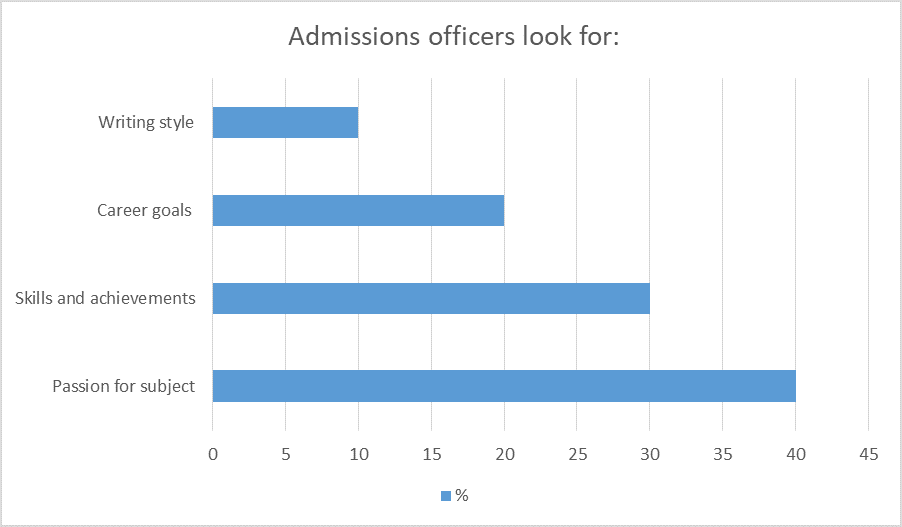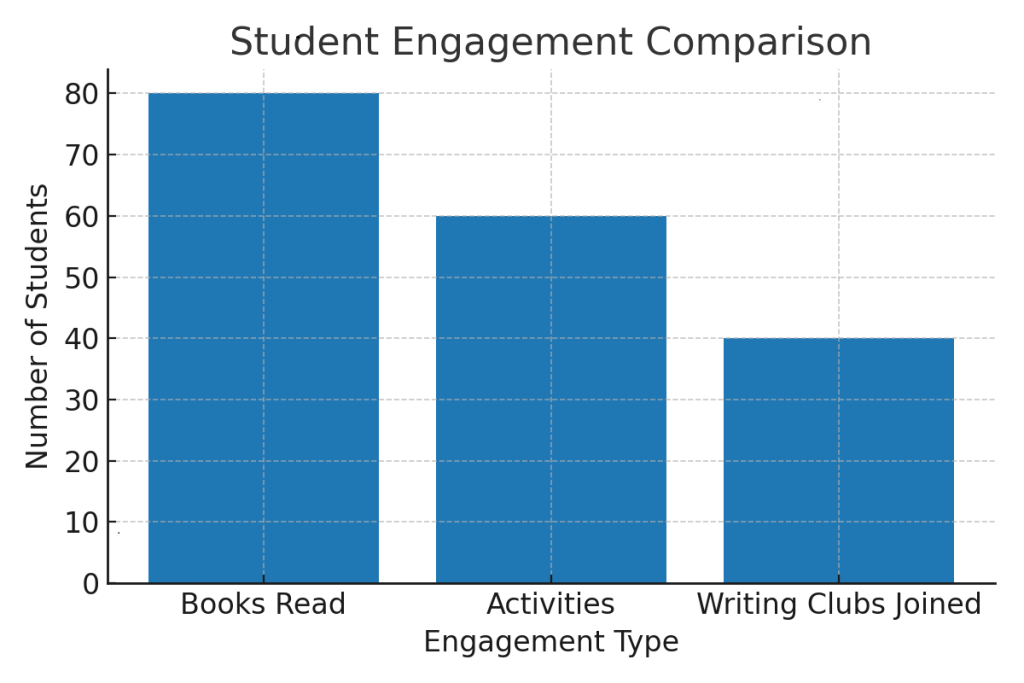Real UCAS Personal Statement Examples for 2025 Students
Applying to university can feel scary. You have forms to fill, grades to show, and decisions to make. However, one aspect of the UCAS application that often makes students nervous is the personal statement.
Why? Because it is the only time you will have the chance to “talk” directly with the university. It is your opportunity to show them who you are, what you value, and why you are the most suitable candidate. Grades and exam scores count, but your personal statement is your opportunity to differentiate yourself from the thousands of other applicants.
Think of it this way: if you had the same class, with the same instructor, as 500 other students, how would the university identify which one you were? A quality personal statement may be the difference.
Many students often ask, What do successful statements look like? That’s why in this blog, we will look at real UCAS personal statement examples that worked in 2025. We’ll break down why they worked, and how you can use the same tricks in your own writing.
This blog will also give you easy tips, common mistakes to avoid, and step-by-step advice. You’ll also see simple tables, graphs, and charts that explain what universities really look for.
By the end, you will:
- Understand what makes a good personal statement.
- Learn how to structure your ideas.
- See examples that actually got offers.
- Know what to do (and not to do).
So, let’s start. Your future is waiting, and it begins with one strong piece of writing—your UCAS personal statement.
Why the Personal Statement Matters
Universities use your statement to understand. Before we learn how to write ucas personal statement, let’s have a look at why it matters:
- Your passion for the subject.
- Your skills and achievements.
- Your career goals.
- A pie chart showing what admissions officers look for:
| Passion for the subject | 40% |
| Skills and achievements | 30% |
| Career goals | 20% |
| Writing style | 10% |

- Example 1: Medicine Personal Statement
- Why it worked:
- Clear passion for helping people.
- Real experiences in hospitals.
- Showed teamwork and empathy.
- Breakdown: The student connected school learning with real-life volunteering. This balance impressed the admissions team.
- Example 2: Engineering Personal Statement
Why it worked:
- Strong focus on problem-solving.
- Mentioned projects built in school.
- Showed creativity with practical skills.
- Skills Shown in the Statement
| Skill | How it was shown |
| Problem-solving | Built a model bridge |
| Creativity | Designed a small robot |
| Teamwork | Group school project |
- Example 3: English Literature Personal Statement
Why it worked:
- Love for reading is shown through examples.
- Connected literature to modern life.
- Wrote with a strong personal voice.

Expert Tips on Writing
Here are some expert tips on writing that you need to know about:
- Start with a strong opening line.
- Show passion, not just grades.
- Give real examples, not general words.
- Keep sentences short and clear.
- Edit many times before sending.
Common Mistakes to Avoid
Some elements that you need to avoid:
- Copying from online samples.
- Using fancy words that don’t feel natural.
- Writing too much about hobbies not linked to the course.
- Forgetting to explain why you want the subject.
Quick Guide for UCAS Application Process
Let’s have a look at the quick guide for the UCAS application process:
| Step | Time Needed |
| Choose courses | 2 weeks |
| Write a personal statement | 3–4 weeks |
| Ask for references | 1 week |
| Submit UCAS application | Before deadline |
Why Real Examples Matter
Reading UCAS personal statement examples is one of the best ways to learn. You see what worked for real students. You also notice how they used their stories to stand out. Uni personal statement examples help you avoid mistakes and inspire your own writing.
But remember, do not copy them. Every student has their own way. Consider an example as a guide, then write it down in your own words.
- Elements To Consider:
- Writing too much about hobbies and less about studies.
- Using hard words that don’t sound natural.
- Not showing real passion for the subject.
- Forgetting to proofread.
- If you avoid these, your personal statement will already be stronger than most.
Getting Extra Help
Sometimes writing feels hard. You may not know what to include or how to start. That is where a university personal statement writing service can help. They guide you, polish your draft, and ensure it aligns with the UCAS application process.
Consider them as a teacher for your statement. It reduces stress, saves time, and gives you the much-needed confidence.
Tips to Make Your Statement Stand Out
Your UCAS personal statement is your story. To make it shine, keep these small tips in mind:
- Be honest. Do not add things that are not true.
- Show passion. Explain why you love the subject.
- Keep it clear. Short sentences are stronger.
- Link hobbies to skills. For example, “playing football taught me teamwork.”
- These small touches make a big difference.
Frequently Asked Questions
How long should my UCAS personal statement be?
It should be roughly 4,000 characters (around one page, but that is the limit UCAS gives you). Be concise, and don’t waste words.
Can I use the same personal statement for every course?
Yes, as long as it reflects all the courses you are applying for. If they are very different, you will need to keep your writing very broad so as to fit all courses.
Should I get help from a professional service?
You can, but it is much easier to get help with a university personal statement writing service if you are struggling. They won’t write it for you, but they can direct you, read your first draft, and help with any mistakes you make.
Conclusion
Your UCAS personal statement is your voice. It is your chance to tell the universities a little more about who you are, apart from grades and test scores. Use the UCAS personal statement examples included in this blog for inspiration. Take away what you like, but write it in your own style. Be clear, honest, and passionate.
Your dream university is closer than you think. It only takes one great page explaining why you should belong there.

